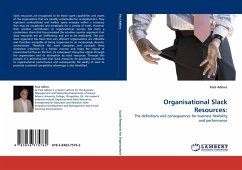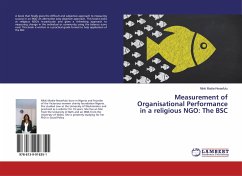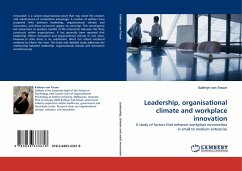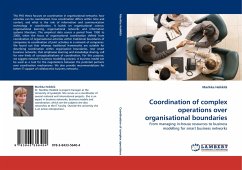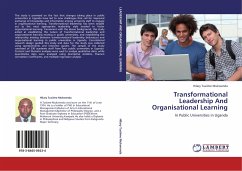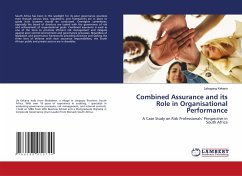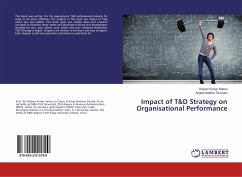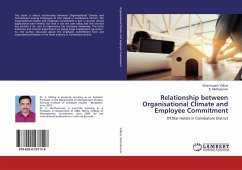Slack resources are recognised to be those spare capabilities and assets of the organisation that are variably reclaimable for re-deployment. They represent underutilised and hidden spare energies within a company that may be recaptured and employed for a variety of tasks. However their positive contribution to organisational success has been a contentious claim that has provoked the intuitive counter argument that slack resources are an inefficiency and are to be eradicated. The pro-slack argument has been that very efficient organisations are inflexible and therefore incapable of being responsive to an increasingly dynamic environment. Therefore this work compares and contrasts three distinctive industries in a holistic manner and maps the impact of environmental flux on the firm, its subsequent disruptive ripples through the organisation and its absorption by slack resources. Through this process it is demonstrated that slack resources do positively contribute to organisational performance and subsequently the ability of slack to promote sustained competitive advantage is also identified.
Bitte wählen Sie Ihr Anliegen aus.
Rechnungen
Retourenschein anfordern
Bestellstatus
Storno

